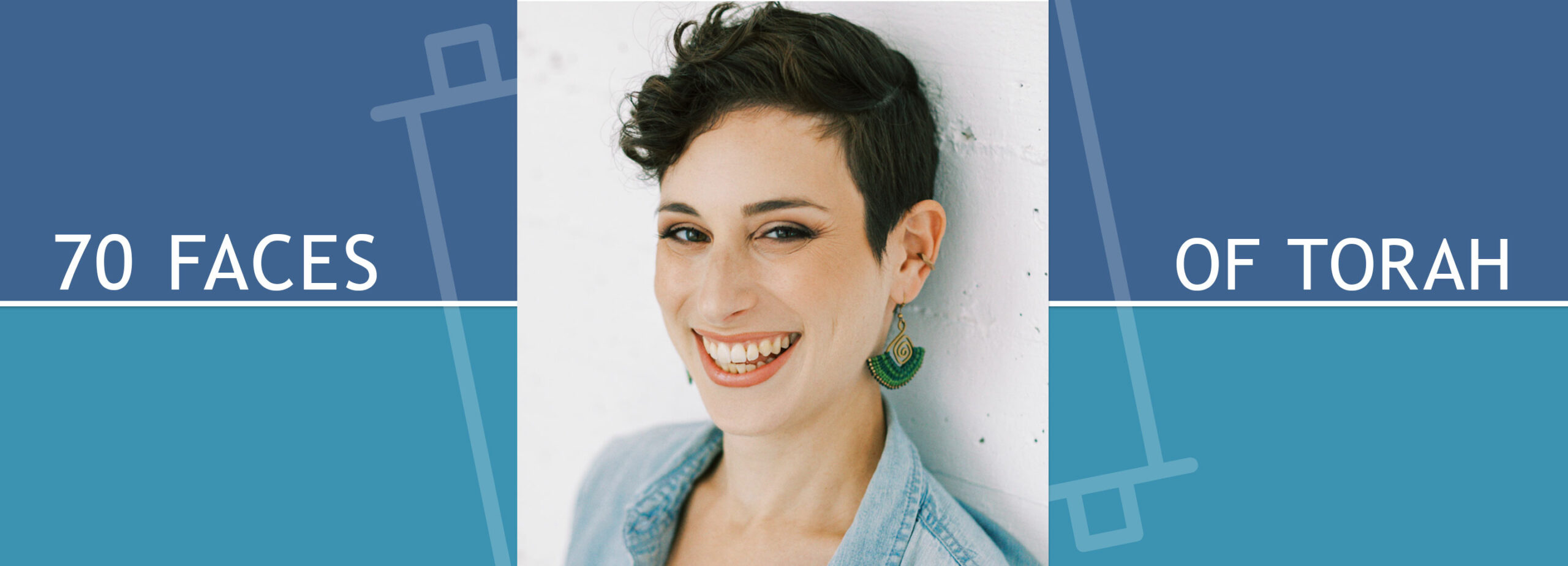Jewish learning How to Build an Ark

Parashat Noach (Genesis 6:9-11:32)
Last year, I interviewed my seven-year-old nephew; we discussed the story of Noah. We spoke about many things—what the story was about, what the characters were thinking, why God made the flood. One of the questions that struck me most was our discussion on a question Torah learners have been asking for generations—why did God choose Noah?
In the opening line of Parashat Noach, the Torah teaches that “Noah was a righteous man, upright in his generation; Noah walked with God.”
נֹחַ אִישׁ צַדִּיק תָּמִים הָיָה בְּדֹרֹתָיו אֶת-הָאֱלֹהִים הִתְהַלֶּךְ-נֹחַ
What does it mean that Noah was tzadik (righteous) and tamim (upright)? Our commentators build a vision of Noah of moral character. Says Ibn Erza: Noah was righteous in deeds and whole-hearted. Or Rashi’s take: either he was especially righteous compared to his own immoral generation or he even would have been righteous compared to later, more moral generations. Or for Chizkuni, Noah was guiltless, blameless, the kind of person who had never done anything wrong. Practically perfect.
These commentators are all most interested in God’s choosing Noah for his morality, but my nephew explained that God chose Noah because he was probably “very fast, good at building large boats” and that maybe he was a “zoologist” so that he knew how to take care of all of the animals. Even with those credentials, my nephew imagined that “Noah would have been totally stressed out and worried. He needed to go to a library and take out a manual and learn how to build an ark.” In my nephew’s version of the story, Noah was skilled, but even the best builder of boats wasn’t sure he knew how to build a boat for this kind of disaster.
As the violence and horrors in Israel and Gaza have unfolded, I have found myself feeling like Noah must have felt before the flood began—heartbroken, anxious, stressed, worried, lacking in resources, and totally helpless.
And I wonder if there are books that contain any answers. Does Torah contain the answers to the questions that I keep asking, questions that boil down to one thing—why would God allow something so terrible to happen? The fourth chapter of Mishna Sanhedrin teaches that the first human was created as one individual human to teach us that a single person is a whole world and that to destroy even one life is to destroy a whole world. How could God let so many lives be destroyed—whether in the Noah story or in our world today?
When I asked my nephew in our conversation how he would feel if he were Noah and he exclaimed that he couldn’t be Noah because he didn’t know how to build an ark, I knew exactly how he felt—and I still know.
I know that I don’t know how to build a boat in this kind of a flood. There is no instruction book, no YouTube tutorial I can watch. There is no set of instructions. As I watch from a distance trying to make some kind of sense of the bloodshed while also opening to all of the complicated and intense feelings that arise, I know that none of us knows, really, how to build an ark for this kind of devastation.
But still I look to the Torah, and to the wisdom of our tradition and of our sages, both old and young, of past and present. I look to Torah in this moment because this is a moment where maybe we all feel a little like Noah as we face so much pain and suffering.
And though I do not know how to build an ark, I believe we can all commit to walking through the world like Noah, as tzadik and tamim—as generously and open-heartedly as we can—and to pray that one day we will stop destroying worlds. And in doing so, we may see that we cannot build an ark for this kind of disaster, but we can become an ark. May we all find the openness, the generosity, and the strength to be an ark to hold someone else afloat in this trying time.
Please send feedback to the author here.
Leah Carnow (she/her) is a rabbinical student in her fifth and final year of school at Hebrew College. Originally from Los Angeles, Leah spent the past two years living and learning in Jerusalem. Leah is interning at Temple Beth Zion in Brookline, MA this year. In addition to being a rabbinical student/intern, Leah has also worked as a yoga teacher, a theater actor and director, a Jewish educator, and a healthcare administrator.

